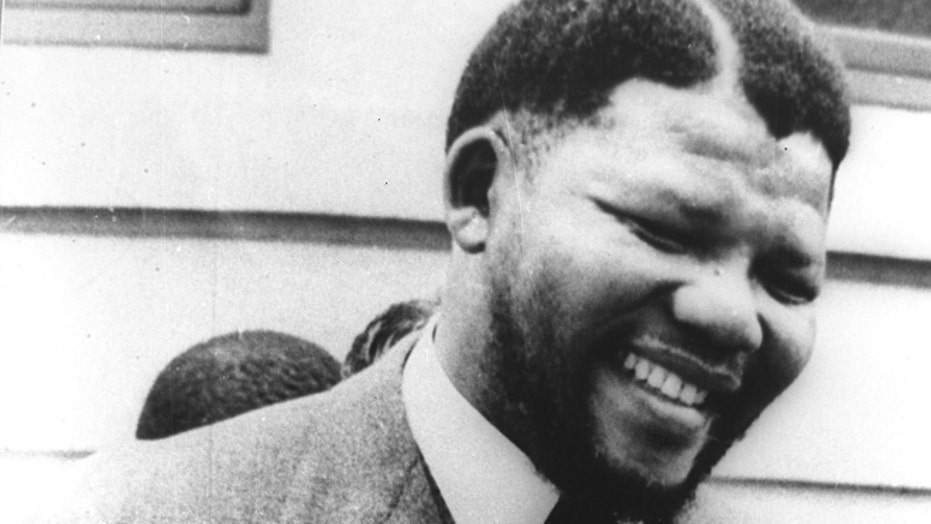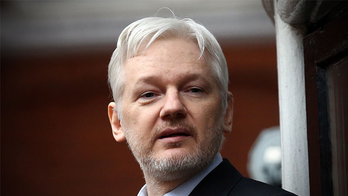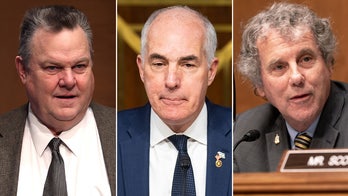Just about everyone loved Nelson Mandela in death. But that was not always true in life.
The outpouring of well-deserved media tributes, which will continue through the funeral, have highlighted how many lives he touched around the world.
But Mandela had plenty of detractors when he was alive, and I was struck by this National Review column by Deroy Murdock, who admits he thought the freed political prisoner “would create a Cuba” in South Africa.
“Having seen Communists terrorize nations around the world while the Berlin Wall still stood, Mandela looked like one more butcher waiting to take his place on the 20th Century’s blood-soaked stage,” Murdock writes.
The bottom line? He was “dead wrong,” and “Nelson Mandela turned out to be one of the 20th Century’s great moral leaders, right up there with Mahatma Gandhi and Dr. Martin Luther King Jr.”
There is a tendency in the media to overpraise public figures when they die and to whitewash their weaknesses. The temptation is understandable, to be generous at the time of passing, but it can also create a distorted picture.
The dilemma with Mandela is in the opposite direction. It is hard to find the words to match the greatness of the man’s achievements after nearly three decades in prison.
Mandela was no saint, as he was the first to proclaim, and some of the coverage has dealt with his mistakes. It is equally important to look at the missteps by American politicians. Ronald Reagan vetoed intensified sanctions against South Africa’s white minority government in 1986, saying they would not help ease apartheid; as it turned out, Congress overrode his veto and Mandela was released from prison four years later.
(Former secretary of State Jim Baker told CBS that Reagan “certainly…regretted” his veto.)
But it wasn’t long before this history was wielded by liberals to taunt conservatives. The Huffington Post was blaring the headline “How The Right Let Mandela Down.”
The website linked to a piece by Atlantic’s Ta-Nehisi Coates, who recalled the role that National Review founder William Buckley played in defending the white minority regime:
“In the fall of 1962, during a visit to South Africa, arranged by the Information Ministry, Buckley wrote that South African apartheid "has evolved into a serious program designed to cope with a melodramatic dilemma on whose solution hangs, quite literally, the question of life or death for the white man in South Africa."
Such ancient battles matter less now that Mandela has left us, and most of the media seem to have embraced a rare sense of unity. Not everyone is on board, though. Ted Cruz posted a tribute on his Facebook page, saying Mandela “will live in history as an inspiration for defenders of freedom around the globe.” But some commenters cried foul, describing Mandela as a “terrorist,” “murderer” and “scumbag.”
Fortunately, they are a small minority who shouldn’t be allowed to mar the moment.
There has also been good reporting about how the generation that was born or came of age after apartheid is less emotionally tied to Mandela, such as in this New York Times piece, and this one in the New Republic:
“But there is also this reality: Many South Africans under 40 feel little connection to the father of their nation. Articles about Mandela’s many health scares late in life often featured laudatory quotes from two kinds of South Africans—whites and older blacks—while leaving out the voices of young blacks, who have a more ambivalent relationship with their founder-saint. Some even resent him.”
The day after Mandela’s death, Washington Post blogger Chris Cillizza tweeted that the most-read story on the paper’s website was a review of the TV version of “The Sound of Music.” Mandela didn’t make the top five.
I suppose this isn’t stunning news. Americans don’t have a great appetite for foreign news. Mandela had been seriously ill for months, so his passing was not unexpected. It has been nearly 15 years since he was president.
But history’s verdict will not be so fleeting.
Top Twitter Talk





